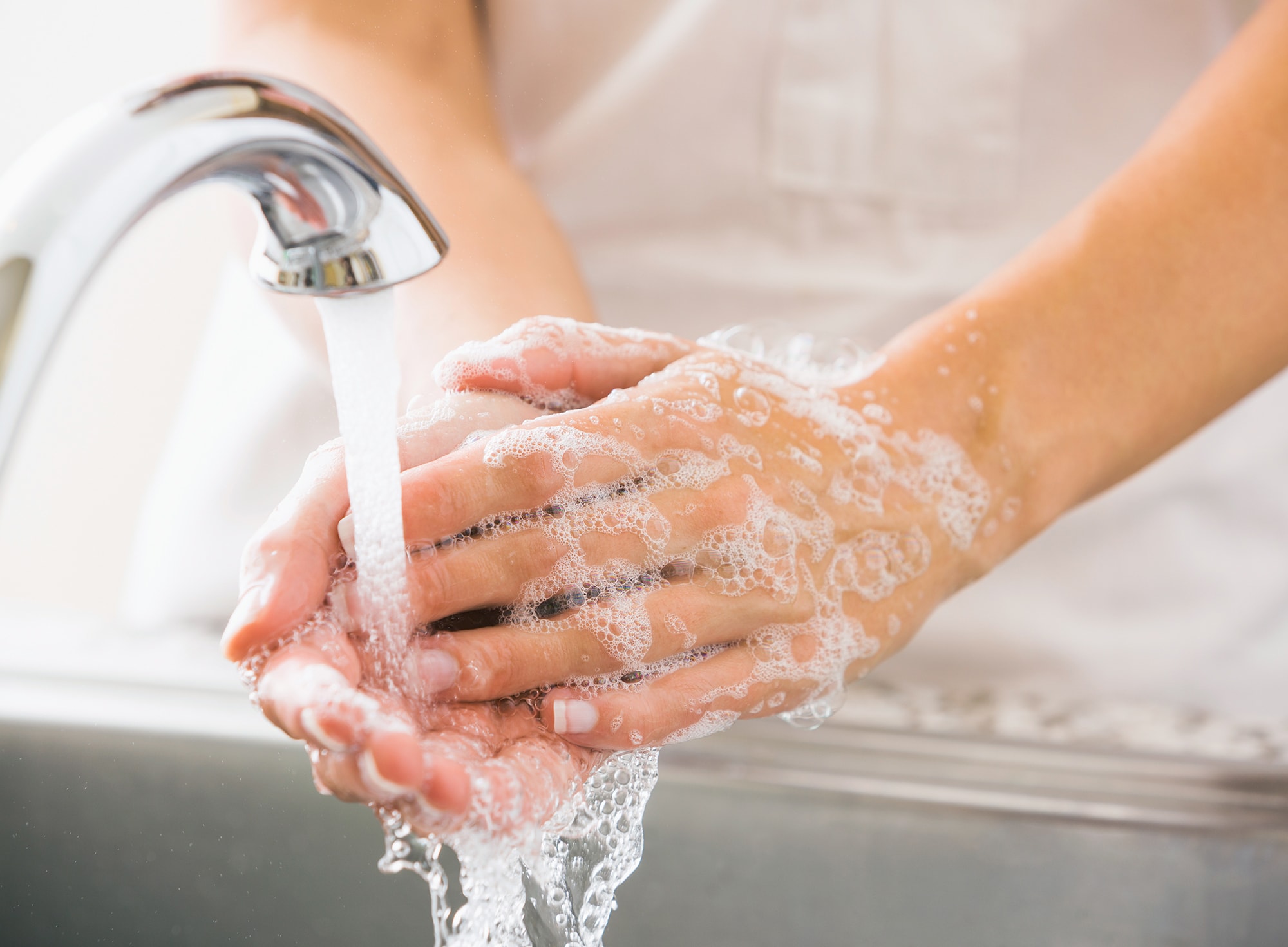FDA Bans Antibacterial Soaps

Antibacterial soaps have been claiming to kill 99.99 percent of all bacteria, but that might not be good enough for the U.S . The US Food and Drug Administration (FDA) has now banned all products claiming to be “antibacterial” or “antimicrobial”, stating that the health claims are false and that they are no better than regular soap and warm water.
“Consumers may think antibacterial washes are more effective at preventing the spread of germs, but we have no scientific evidence that they are any better than plain soap and water,” explains Janet Woodcock, director of the FDA’s Center for Drug Evaluation and Research, in a statement. “In fact, some data suggests that antibacterial ingredients may do more harm than good over the long-term.” Not only do the chemicals pose certain health risks, but in the long term, the body could be exposed to less bacteria, making the immune system less “trained” and more susceptible to infectious diseases.
The FDA proposed a ban on the products back in 2013, but has since given the manufacturers three years to supply the evidence to back up their claims. What they found was that the evidence supplied was either unsatisfactory or that the companies had simply ignored their request. On the back of this lack of evidence, in addition to the suggestion that some of the chemicals used in certain products may be disrupting hormones, the FDA has decided to ban any antibacterial soap that has one or more of 19 particular chemicals.
One of these is the chemical triclosan. Developed back in the 1960s for use in hospitals, the antimicrobial was later added to liquid soaps in the 1980s and marketed to consumers for household protection. But recent studies have linked long-term exposure of triclosan to altered microbiomes in human guts, which can have adverse health problems. Not only that, but while it may be effective at killing bacteria, the organisms need to be in contact with the chemical for much longer than the period of time it takes to wash your hands.
What antibacterial soaps are thought to do, however, is to expose potentially harmful bacteria to sublethal levels of chemicals such as triclosan, which at the right concentration would usually kill them. This has the rather undesirable effect of driving antibiotic resistance in these organisms, as they are able to overcome the lower concentrations of the chemicals and then pass the resistance on, something that is of major concern globally.
The FDA is not saying that people should stop washing their hands, simply that “washing with plain soap and running water remains one of the most important steps consumers can take to avoid getting sick and to prevent spreading germs to others.” Many manufacturers, such as Proctor & Gamble, have already started phasing out the use of many of the chemicals from their products, but the new ruling from the FDA means that this now must be completed by next year.
